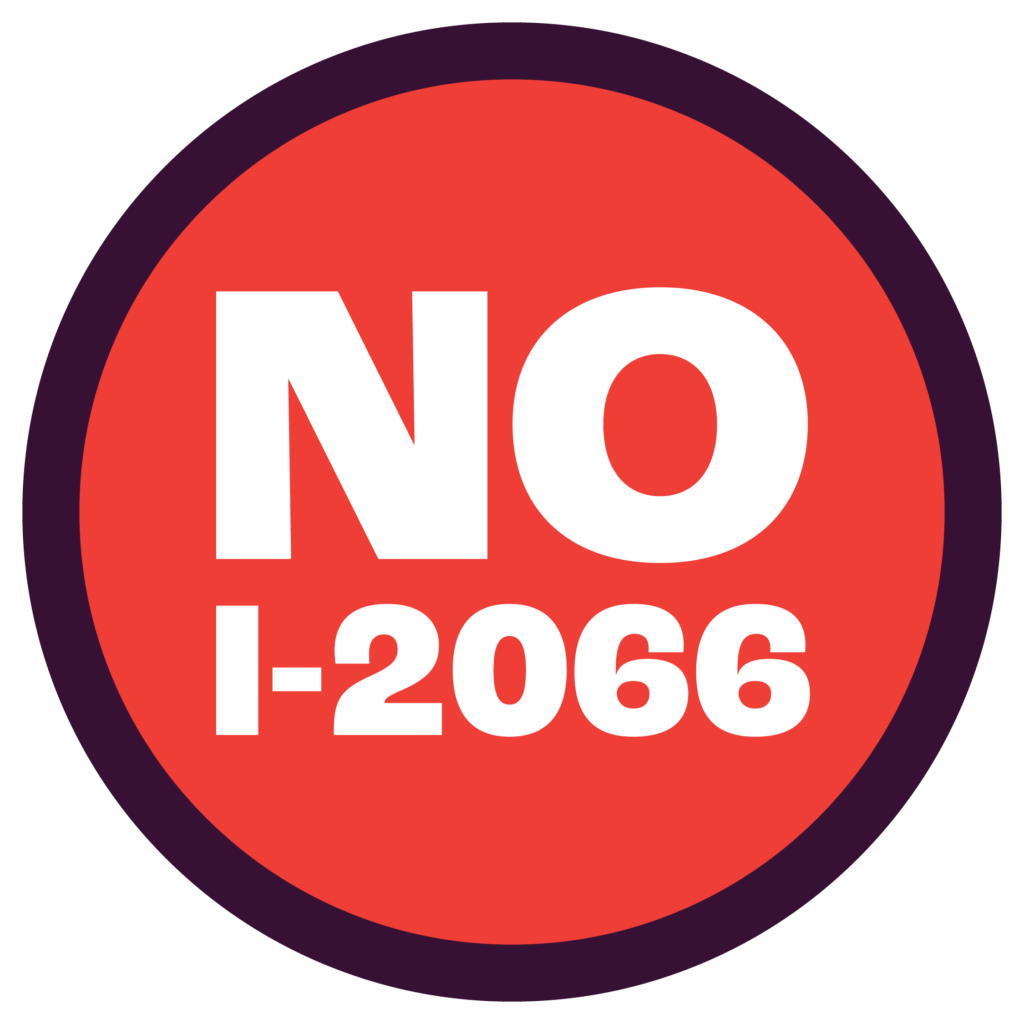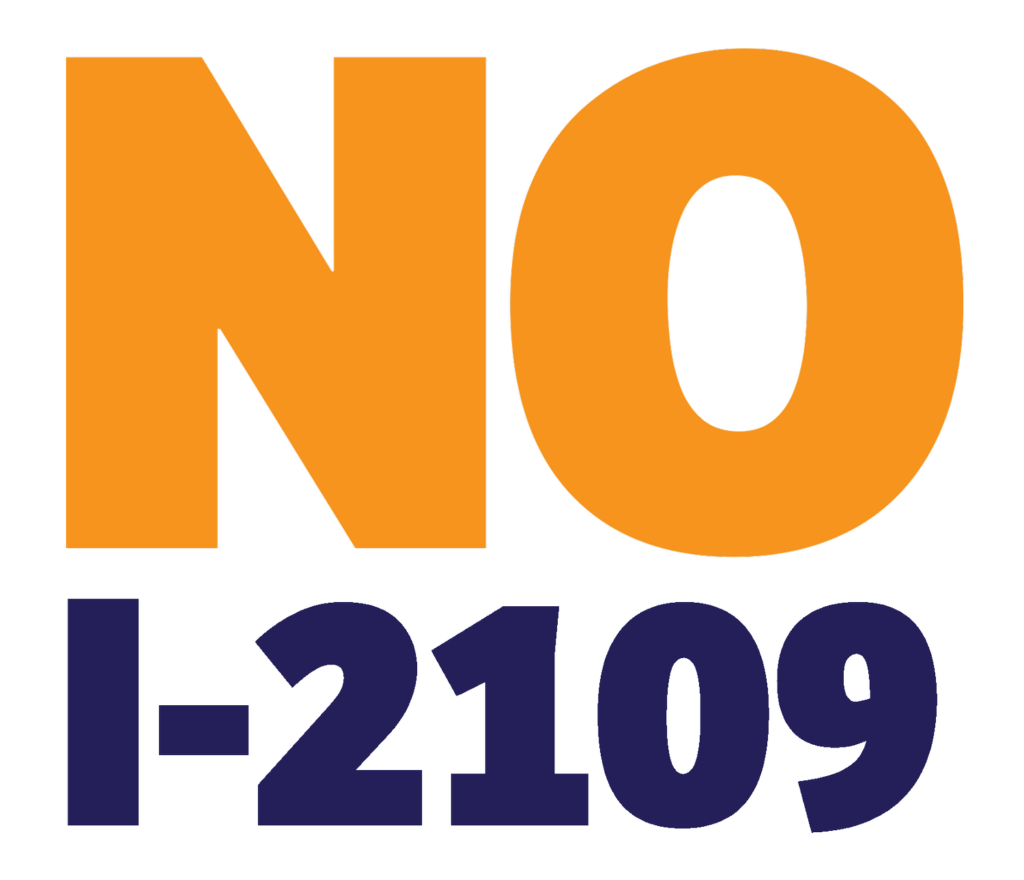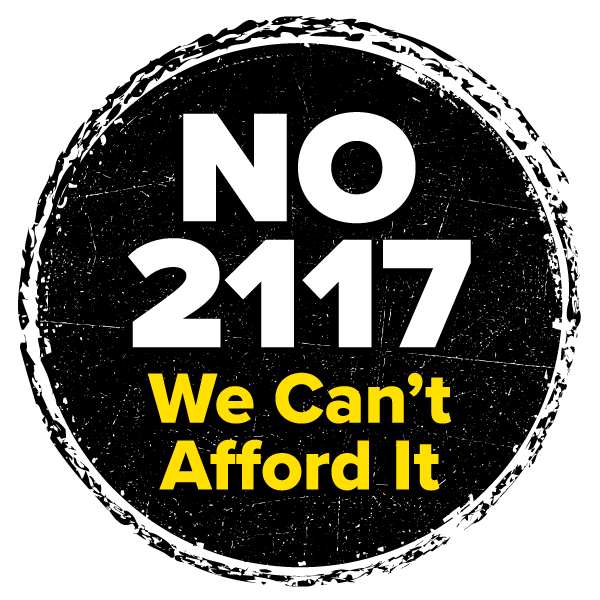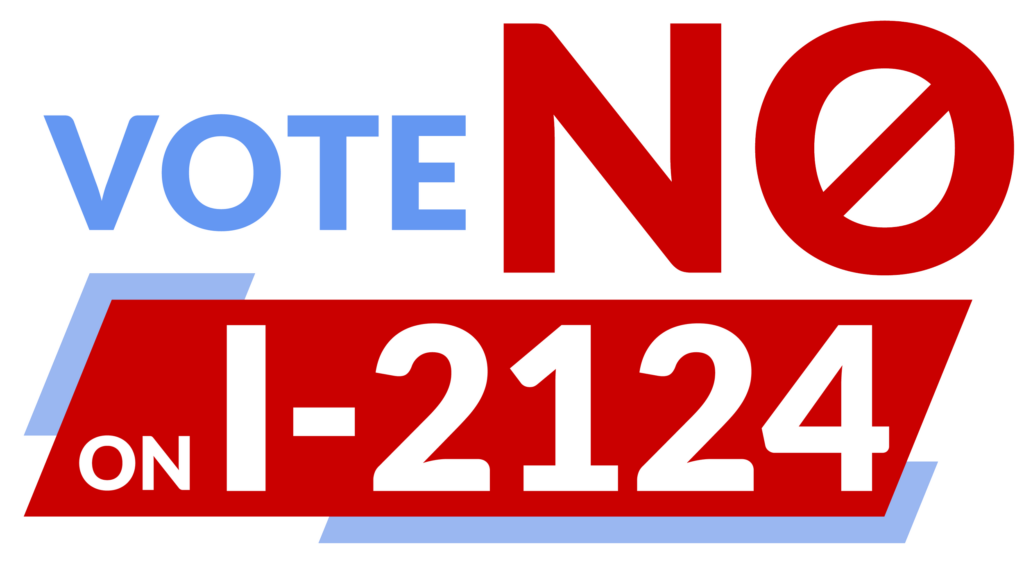This year, Washington voters are being asked to decide the fate of several initiatives — proposed laws that will appear on the November ballot for approval or rejection.
All seek to repeal or gut recently passed laws enacted by our elected representatives to help Washington achieve a cleaner, safer, and more prosperous future. All are spearheaded by Washington State Republican Party Chair Jim Walsh and funded by powerful interests like multimillionaire hedge fund manager Brian Heywood and the Building Industry Association of Washington.
Their passage would undo years of collaborative, hard-won progress and raise costs for Washington families. They’d leave many of us facing higher energy bills, childcare bills, and long-term care bills. We’d face more traffic and greater pollution, too. All because men like Heywood are ideologically opposed to Washingtonians pooling our resources to secure a better, more prosperous future.
With so much at stake, it’s imperative in 2024 that we come together as a state to stop greed and keep Washington moving in a positive direction. We face many challenges as a state: a massive housing shortage, longer wildfire seasons made worse by climate damage, an antiquated tax code that’s worsening income inequality, and rising healthcare costs, to name just a few examples. Many of the modest steps we’ve taken so far to address these challenges would be nullified by Walsh and Heywood’s slate of initiatives. That’s why people and groups across Washington are teaming up to urge a NO vote on each of the following:
- Initiative 2066 — locks our communities into dirty energy while raising families’ costs
- Initiative 2109 — repeals billions in education funding by eliminating the capital gains tax on the wealthy
- Initiative 2117 — repeals the Climate Commitment Act, which is raising funds to fight climate damage
- Initiative 2124 — sabotages the WA Cares plan to help Washingtonians afford long-term care
Frequently asked questions about the initiatives
Q: What are the proponents of these initiatives trying to achieve?
A: The proponents of these initiatives have lost several consecutive elections for governor and control of the state legislature, but they nevertheless believe Washington should be governed in accordance with their values and principles, so they’re trying to nullify some of the laws they dislike the most through the initiative process. Their aim is to convince voters to repudiate the good work of our elected representatives. The laws they are targeting for repeal are doing things like strengthening our common wealth and enabling us to pool our resources to fight climate damage and increase funding for our public schools. The proponents (who have named their effort “Let’s Go Washington”) fundamentally don’t believe in ideas like putting a price on pollution or requiring the wealthy to pay their fair share in dues (taxes) to our state. They believe in discredited economic theories like trickle-down economics — the notion that if we give the rich big tax breaks, they’ll use their wealth to create jobs for people. Decades of data and experience demonstrate that trickle-down doesn’t — but proponents remain firmly committed to the theory.
Q: What did proponents need to do to force public votes on their proposals?
A: They needed to submit around 405,000 signatures for each by two qualification deadlines — December 29th, 2023 for initiatives to the Legislature and July 5th, 2024 for initiatives to the people. They met that requirement. The Constitution requires that initiatives receive a number of signatures equivalent to 8% of the number of people who voted in the last election for governor to qualify. The minimum number of valid signatures required is currently 324,516, however, 405,000 is the number of signatures the Secretary of State recommends submitting to ensure qualification. That latter number includes a cushion to account for duplicate and invalid signatures. As initiatives to the Legislature, I-2109, I-2117, and I-2124 went first to the House and Senate first for consideration. The House and Senate did not act on them, so they are headed to the November 2024 general election ballot. I-2066 will head directly to the people.
Q: 405,000 multiplied by seven is in the millions — where did the resources come from to gather all those signatures?
A: Millionaire Brian Heywood, the driving force behind this slate of six initiatives, put up over $5 million of his own money to allow Let’s Go Washington to hire paid petitioners. According to reports filed with the Public Disclosure Commission, Heywood has contributed over 87% of the funds to this effort, a staggering sum. Some of that $5 million was loaned to Let’s Go Washington, so Heywood is evidently hoping to get it back at some point, perhaps by appealing to well-funded interests like oil companies to invest money in his effort. Throughout the autumn of 2023, Heywood’s petitioners were out collecting signatures for all of the measures mentioned above. As of the end of their signature drive, Let’s Go Washington claimed to have collected 2,662,316 signatures. They gathered more in the spring of 2024 to force a vote on I-2066, working with the Building Industry of Association, a powerful lobbying group.
Q: When will it be time to vote NO on these initiatives?
A: If you are a voter in Washington, you will see them on your ballot beginning in October, when ballots go out for the presidential election. State law requires initiatives to appear first, even above the race for President of the United States, so they’ll be right at the top. Hard to miss.
Q: How can I recognize the initiatives?
A: These are their ballot titles, as drafted by the Office of the Attorney General, which writes statements of subject, concise descriptions, summaries, and public investment impact disclosures for proposed initiatives:
Initiative Measure No. 2066 concerns regulating energy services, including natural gas and electrification.
This measure would repeal or prohibit certain laws and regulations that discourage natural gas use, and/or promote electrification, and require certain utilities and local governments to provide natural gas to eligible customers.
Should this measure be enacted into law? Yes [ ] No [ ]
Initiative Measure No. 2109 concerns taxes.
This measure would repeal an excise tax imposed on the sale or exchange of certain long-term capital assets by individuals who have annual capital gains of over $250,000. This measure would decrease funding for K-12 education, higher education, school construction, early learning, and childcare.
Should this measure be enacted into law? Yes [ ] No [ ]
Initiative Measure No. 2117 concerns carbon tax credit trading.
This measure would prohibit state agencies from imposing any type of carbon tax credit trading, and repeal legislation establishing a cap and invest program to reduce greenhouse gas emissions. This measure would decrease funding for investments in transportation, clean air, renewable energy, conservation, and emissions-reduction.
Should this measure be enacted into law? Yes [ ] No [ ]
Initiative Measure No. 2124 concerns state long term care insurance.
This measure would provide that employees and self-employed people must elect to keep coverage under RCW 50B.04 and could opt-out any time. It would also repeal a law governing an exemption for employees. This measure would decrease funding for Washington’s public insurance program for persons requiring long term care.
Should this measure be enacted into law? Yes [ ] No [ ]
We urge you to vote NO on each of these measures to protect Washington’s future.
Q: Weren’t there originally six initiatives?
A: Correct. On March 4th, the Legislature decided to adopt three of the six initiatives to the Legislature into law as written. Consequently, those will not be on the ballot. The three adopted into law were:
Initiative Measure No. 2081 concerns parental rights relating to their children’s public school education.
This measure would provide certain rights to parents and guardians of public-school children, including rights to review instructional materials, inspect records, receive certain notifications, and opt out of certain activities, like sexual-health education.
Should this measure be enacted into law? Yes [ ] No [ ]
Initiative Measure No. 2111 concerns taxes.
This measure would prohibit the state, counties, cities, and other local jurisdictions from imposing or collecting income taxes, defined as having the same meaning as “gross income” in the Internal Revenue Code.
Should this measure be enacted into law? Yes [ ] No [ ]
Initiative Measure No. 2113 concerns vehicular pursuits by peace officers.
This measure would remove certain restrictions on vehicular pursuits, allowing them upon conditions including an officer’s reasonable suspicion a person has violated the law and poses a threat to the safety of others.
Should this measure be enacted into law? Yes [ ] No [ ]
Q: How can I stay informed and take action to help build the NO campaign?




